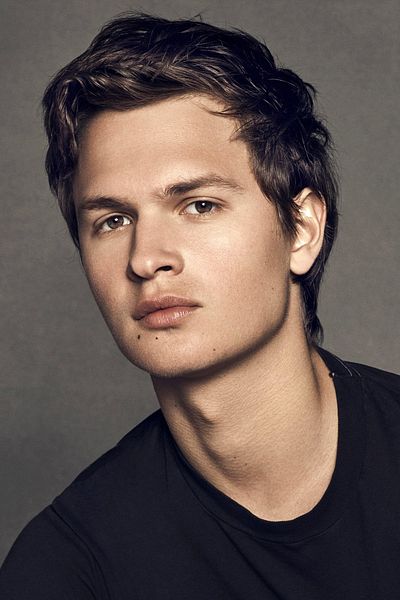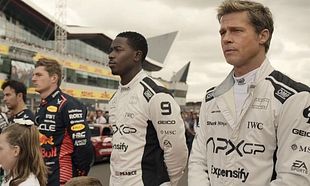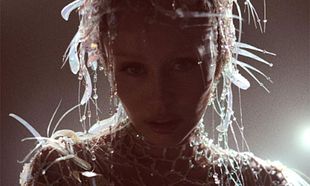It just doesn't work...
Theo (Oakes Fegley) survives a horrific bomb blast in New York's Metropolitan Art Museum that kills his mother and sends him to live with a wealthy family. Years later, the impact of that day leads Theo (Ansel Elgort) to a sequence of events that see him forced to confront his relationship with his father (Luke Wilson) and the family who took him in.
Trying to summarise 'The Goldfinch' into one handy, easy-to-understand synopsis isn't really doing any of it justice. There's so much plot to it that you can't really nail it down. It's probably why it had such an impact as a novel, but as a movie, it feels like it's overstuffed with ideas and none of them actually get through on the screen. What you're ultimately left with is an overbearing sense of something that shouldn't necessarily exist in this format, and would have probably been better suited for a lush television adaptation.
Not only that, 'The Goldfinch' suffers from problems of its own making, not the least of being the casting choices and the characters themselves. Nobody in 'The Goldfinch', with the exception of maybe Jeffrey Wright's character, are easy to reach and understand. In a novel, this can work because we see into their minds but translating that to another medium - whether it's television or movies - often involves in either hammering home what that character is about, or jettisoning what made people fall in love with the novel in the first place.
In 'The Goldfinch', all of the characters - from Ansel Elgort's insufferably smug antiques dealer, to Nicole Kidman's Stepford Wives mother-surrogate and Luke Wilson's washed-up deadbeat dad - feel like their characters' motivations are scrawled in marker on their foreheads. This robs the movie of any kind of subtlety, and makes it all the more laborious to sit through. Not only that, the central character - being split over two actors - doesn't really make much sense in any of his choices. Again, in the novel, it probably makes sense because we can see inside his brain - but on screen, it doesn't work.
This is, ultimately, why 'The Goldfinch' doesn't work. It dedicates so much time and effort to introducing these characters, fixing them in their world and populating it with so much plot, that none of it really gets any chance to move or flow properly. The story pings back and forth through time, and while it's set over two and a half hours, there's too much story to actually make sense of it all. All you're getting is very pretty surroundings - made all the more pretty by Roger Deakins' cinematography - and no real sense of why you should care about any of the characters.
It's a shame, because director John Crowley is a very capable storyteller, and you only need to look at his work - 'Boy A', 'Brooklyn', all of his theatre work - to know that he can tackle big ideas and make them understandable. His work is able to connect with audiences, but in 'The Goldfinch', the source material is such that it couldn't possibly have worked in the first place. It might just be that 'The Goldfinch', even as a novel, was a polarising work and the adaptation is the same thing. Nevertheless, there are fundamental problems with it, and they can't be readily ignored.




















































































